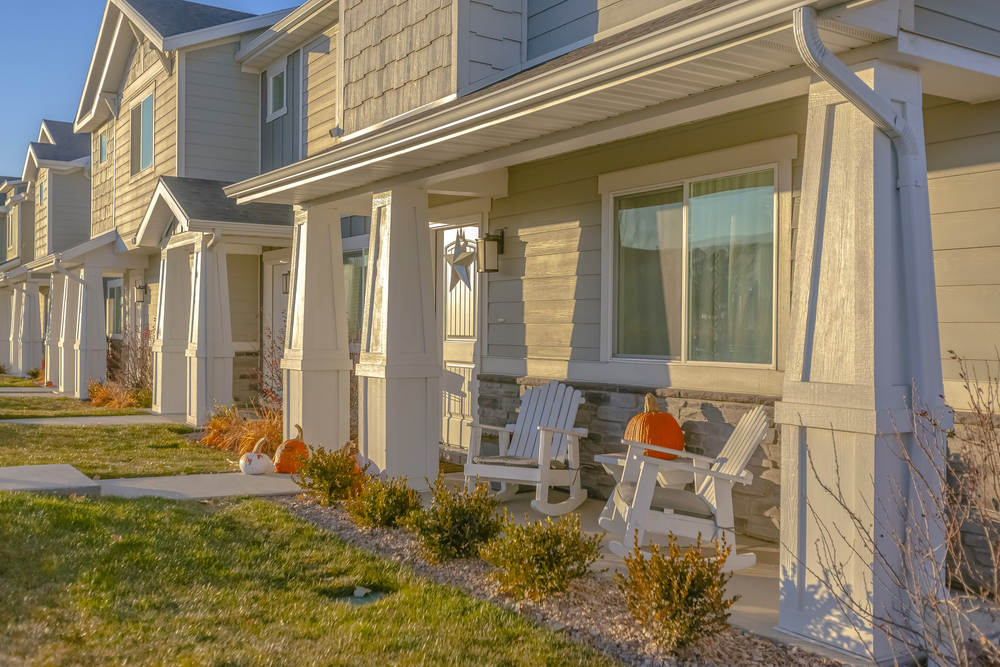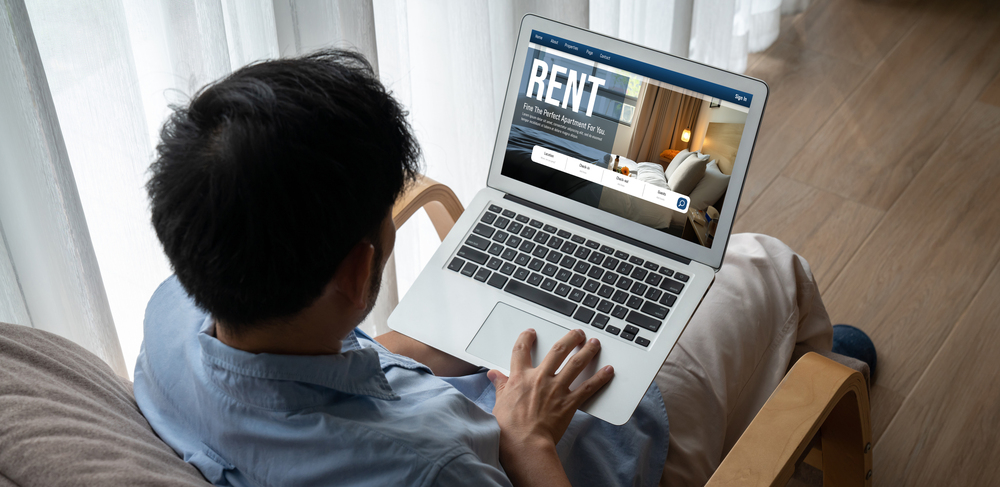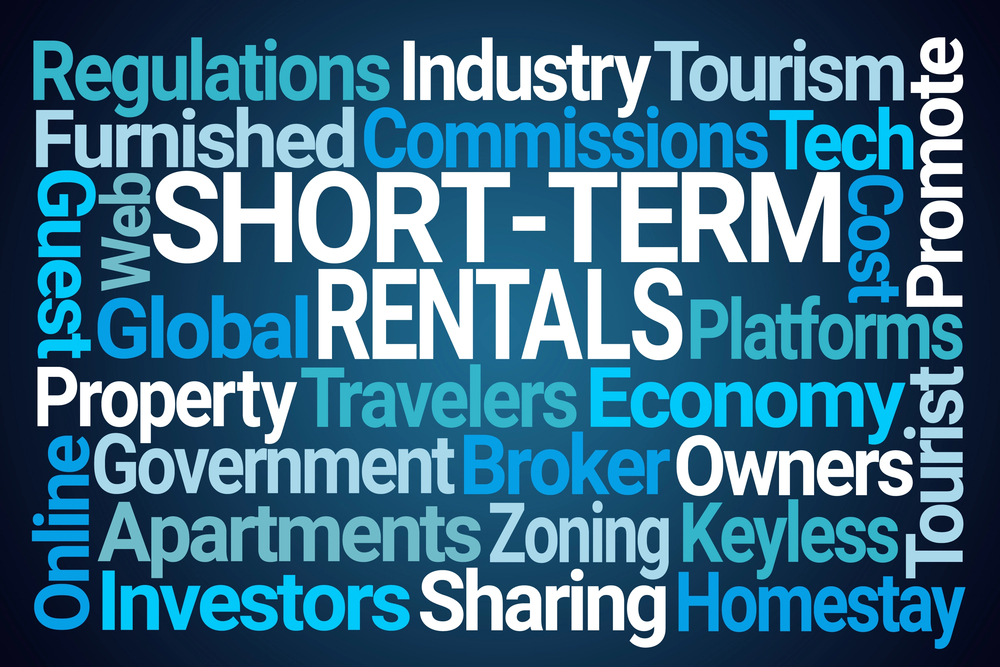The short-term rental game has completely transformed how people think about travel and property investment. Whether you’re considering renting out your spare room, turning your vacation home into a cash cow, or diving headfirst into the Airbnb world, there’s a lot more to this business than just posting pretty photos and waiting for bookings to roll in.
The landscape is constantly shifting, with new regulations popping up faster than you can say ‘occupancy tax’ and competition getting fiercer by the day. Success in this space requires understanding everything from local laws to guest psychology, and the difference between thriving and barely breaking even often comes down to knowing the details that many hosts overlook.
Here is a list of 19 essential things you must know before entering the short-term rental market.
Location Makes or Breaks Your Success

Your property’s location will determine about 80% of your rental’s success before you even think about interior design or pricing strategies. Think of location like the foundation of a house – everything else you build on top of it depends on getting this part right. Properties within walking distance of major attractions, business districts, or transportation hubs consistently outperform those in residential areas, even if the latter are more spacious or luxurious. The sweet spot is usually within a 10-minute walk or 5-minute drive from where your target guests want to be.
Research Local Laws Before You Start

Many cities have jumped on the regulation bandwagon, and ignoring these rules can cost you thousands in fines or force you to shut down entirely. Some places require special permits, limit the number of rental days per year, or restrict rentals to certain zones. San Francisco, for example, limits hosts to 90 days per year unless they live on-site, while some beach towns ban short-term rentals altogether during peak season. The regulatory landscape changes constantly, so staying informed isn’t a one-time task but an ongoing responsibility.
Calculate All Costs Upfront

The expenses go way beyond your mortgage payment, and rookie hosts often get blindsided by the hidden costs that eat into profits. You’ll need to factor in cleaning fees, utilities, insurance, maintenance, supplies, platform fees, and taxes – not to mention the time you’ll spend managing the property. A good rule of thumb is to budget at least 40% of your gross rental income for operating expenses. Smart hosts also set aside money for unexpected repairs because guests can be surprisingly hard on furniture and appliances.
Professional Photography Is Non-Negotiable

Your photos are doing the heavy lifting in a world where guests scroll through dozens of options in minutes. Blurry smartphone shots taken in poor lighting will send potential guests running to your competition faster than you can say ‘book now’. Professional photographers who specialize in short-term rentals understand how to showcase spaces in the best light and highlight features that guests actually care about. The investment typically pays for itself within the first few bookings, and great photos can justify higher nightly rates.
Master Dynamic Pricing Strategies

Setting your rates and forgetting about them is like leaving money on the table every single night. Successful hosts adjust their pricing based on local events, seasonal demand, day of the week, and even weather forecasts. During a major conference or festival in your city, you might be able to charge double your normal rate. Conversely, offering slight discounts during slower periods can help maintain steady occupancy. Many hosts use automated pricing tools, but understanding the fundamentals helps you make better decisions when the algorithms don’t capture local nuances.
Guest Communication Sets You Apart

Responsive, helpful communication can turn a decent stay into a five-star review that brings in more bookings for months to come. Guests appreciate quick responses to questions, clear check-in instructions, and hosts who anticipate their needs without overstepping boundaries. The key is striking a balance between being available and giving guests their privacy. Many successful hosts create templates for common questions but personalize each response to avoid sounding robotic.
Invest in Quality Basics

Guests notice the fundamentals more than fancy decorations, and skimping on essentials will show up in your reviews immediately. Comfortable mattresses, quality linens, reliable Wi-Fi, and good water pressure matter more than expensive artwork or designer furniture. Think about what frustrates you most when staying somewhere – slow internet, scratchy towels, or a shower that barely trickles – and make sure your place delivers on these basics. Commercial-grade items often cost more upfront but last longer under the wear and tear of constant turnover.
Create Detailed House Rules

Clear expectations prevent problems before they start, and well-written house rules protect both you and your guests. Cover the obvious stuff like no smoking and quiet hours, but also address specifics like parking arrangements, trash disposal, and how to use any unique features of your property. Be firm but friendly in your tone – nobody wants to feel like they’re staying in a prison. Good house rules also give you back-up when dealing with problem guests who claim they ‘didn’t know’ about certain restrictions.
Build Relationships With Service Providers

Having a reliable network of cleaners, handymen, and other service providers can save your bacon when things go wrong. Your regular cleaner might get sick right before a big booking, or a guest might report a broken air conditioner on the hottest day of the year. Successful hosts cultivate relationships with multiple service providers and often pay slightly above market rates to ensure priority service. This investment pays off when you need emergency help and your providers drop everything to help you maintain your five-star reputation.
Understand Your Insurance Needs

Your regular homeowner’s insurance probably doesn’t cover commercial short-term rental activity, leaving you vulnerable to costly lawsuits or property damage claims. Many hosts discover this gap only after something goes wrong, which is exactly the wrong time to learn about insurance limitations. Specialized short-term rental insurance or commercial policies cost more but provide coverage for business activities and higher liability limits. Platform insurance like Airbnb’s Host Protection might seem sufficient, but it often has gaps and limitations that could leave you exposed.
Optimize for Search Rankings

Getting found on rental platforms requires understanding how their search algorithms work, just like trying to rank on Google. Most platforms prioritize listings with high response rates, recent positive reviews, and complete profiles with lots of photos. Your listing title, description, and amenities all play into search rankings. Hosts who consistently appear in the top search results often have small advantages in dozens of areas rather than one or two major strengths.
Prepare for Seasonal Fluctuations

Short-term rental income rarely stays consistent throughout the year, and smart hosts plan their finances around these natural cycles. Beach properties might be booked solid in summer but struggle in winter, while business-focused rentals might see the opposite pattern. Understanding your local market’s seasonal patterns helps you budget for slower periods and maximize revenue during peak times. Many hosts use quiet seasons for major maintenance projects or property improvements.
Screen Guests Carefully

Not all bookings are created equal, and learning to identify potentially problematic guests before they arrive can save you massive headaches. Pay attention to communication style, booking patterns, and profile completeness when evaluating reservation requests. Guests who make unreasonable demands before booking often continue that behavior during their stay. Trust your instincts – if something feels off about a booking request, it’s usually better to decline and wait for a better guest.
Automate What You Can

Technology can handle many routine tasks, freeing up your time for more important aspects of hosting. Smart locks eliminate key exchanges, automated messaging systems handle common questions, and scheduling software coordinates cleaning and maintenance. The goal isn’t to remove the human touch entirely but to streamline operations so you can focus on providing exceptional experiences. Start with one or two automation tools and gradually expand as you become more comfortable with the technology.
Plan Your Exit Strategy

Market conditions change, regulations evolve, and personal circumstances shift – having a plan for getting out of the short-term rental business protects your investment. Some hosts convert their rentals back to long-term housing, while others sell to other investors who want turnkey rental properties. The improvements you make for short-term rentals often increase overall property value, but not always in ways that appeal to traditional homebuyers. Thinking about your exit strategy from the beginning influences decisions about renovations, furnishing, and market positioning.
Track Key Performance Metrics

Running a successful short-term rental requires monitoring numbers beyond just monthly income, and the data tells stories that can guide your decision-making. Occupancy rates, average daily rates, guest satisfaction scores, and booking lead times all provide insights into your property’s performance. Many hosts focus solely on total revenue while ignoring metrics that predict future success. Understanding these numbers helps you spot trends, identify problems early, and make data-driven improvements to your operation.
Manage Your Time Effectively

Short-term rentals can quickly consume your life if you don’t establish boundaries and efficient systems from the start. Successful hosts batch similar tasks together, set specific hours for guest communication, and resist the urge to constantly check booking platforms. The goal is to create a business that serves your lifestyle rather than dominating it. Many hosts underestimate the time commitment involved and burn out within their first year because they try to be available 24/7.
Build a Brand Identity

Standing out in a crowded market requires more than just competitive pricing – you need to give guests a reason to choose your property over dozens of similar options. Some hosts focus on eco-friendly features, others emphasize pet-friendly amenities, and still others cater to business travelers with work-focused setups. Your brand identity should influence everything from your listing photos to your welcome message. Consistency across all touchpoints helps create memorable experiences that generate repeat bookings and referrals.
Stay Current With Industry Trends

The short-term rental industry evolves rapidly, with new platforms, technologies, and guest expectations emerging constantly. What worked two years ago might be outdated today, and hosts who don’t adapt often see their bookings decline gradually. Following industry publications, joining host communities, and attending conferences helps you stay ahead of changes rather than reacting to them. The most successful hosts are often early adopters who spot trends before they become mainstream.
The Evolution Continues

Short-term rentals have come a long way from the early days of Airbnb when hosts were sharing their couches with strangers. Today’s market demands professionalism, attention to detail, and business acumen that rival traditional hospitality companies. The hosts who thrive understand that success comes from treating their rental like a real business while maintaining the personal touches that make short-term rentals appealing to guests. As regulations stabilize and the market matures, the difference between casual hosts and serious operators will only become more pronounced, making knowledge and preparation more valuable than ever.
More from Travel Pug

- 20 Best Beach Towns in the Carolinas
- 13 Destinations Where Tourists Regularly Regret Their Trip
- 20 Things You Actually Get in First Class
- 20 Small Airports With Aviation Museums
- 20 Places in the U.S. That Are Perfect for a Reset Trip
Like Travel Pug’s content? Follow us on MSN.
